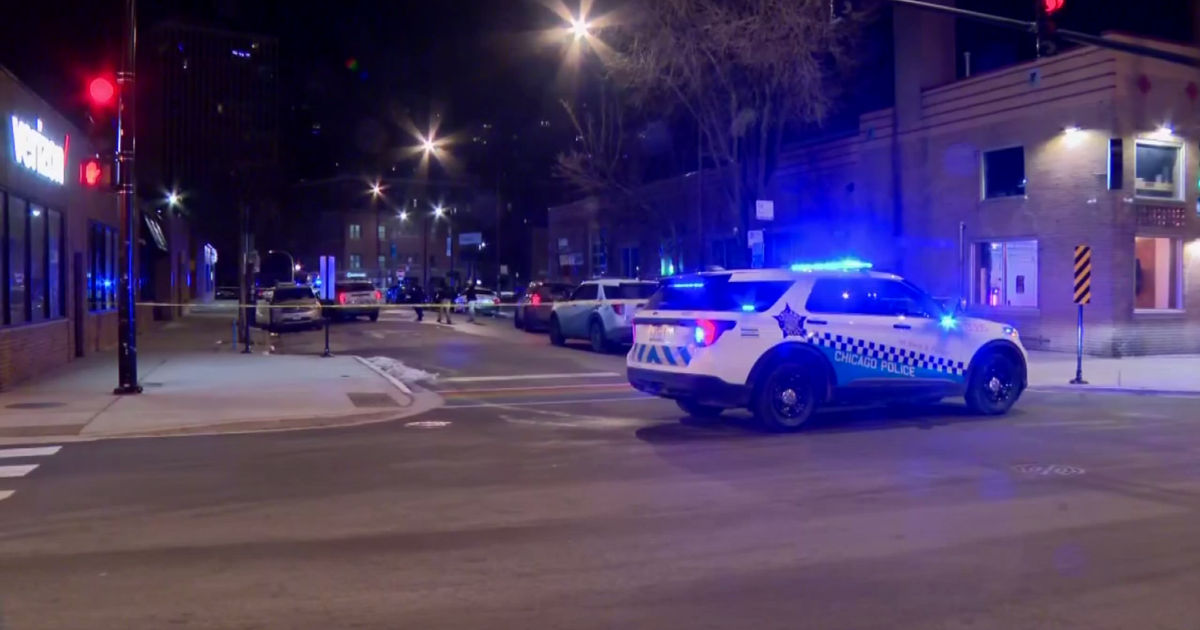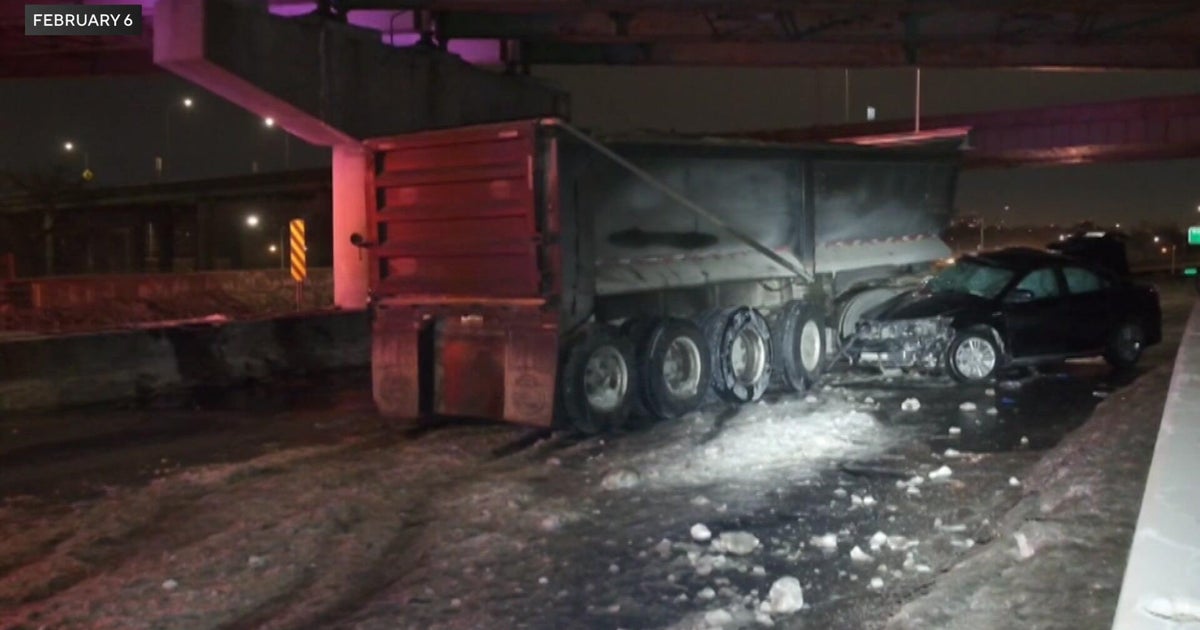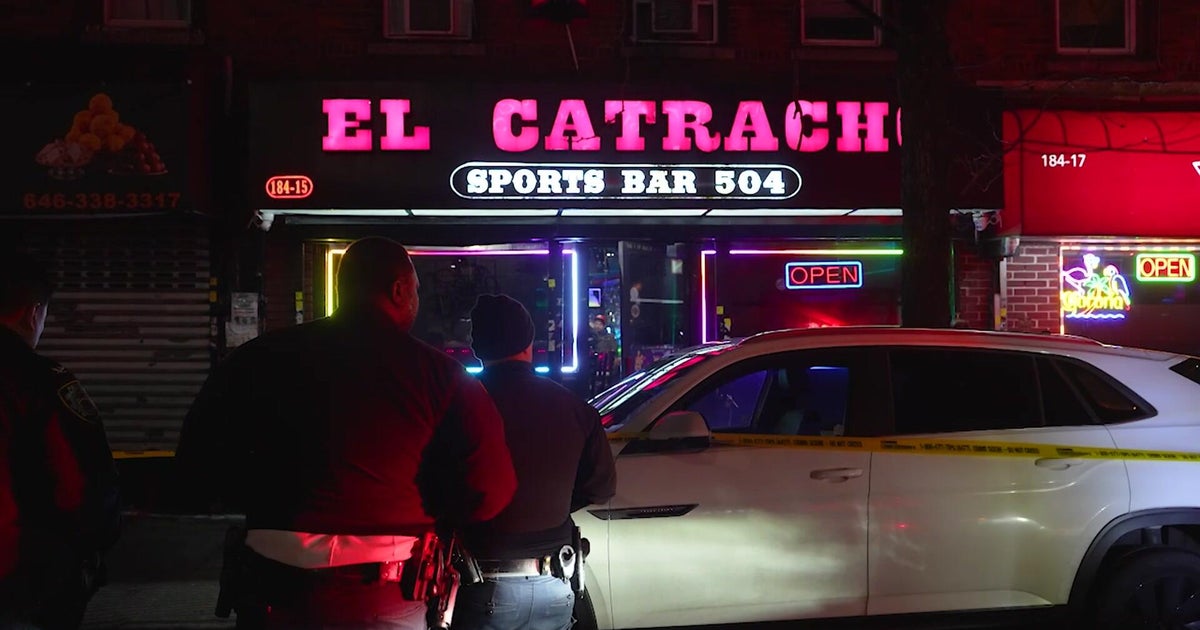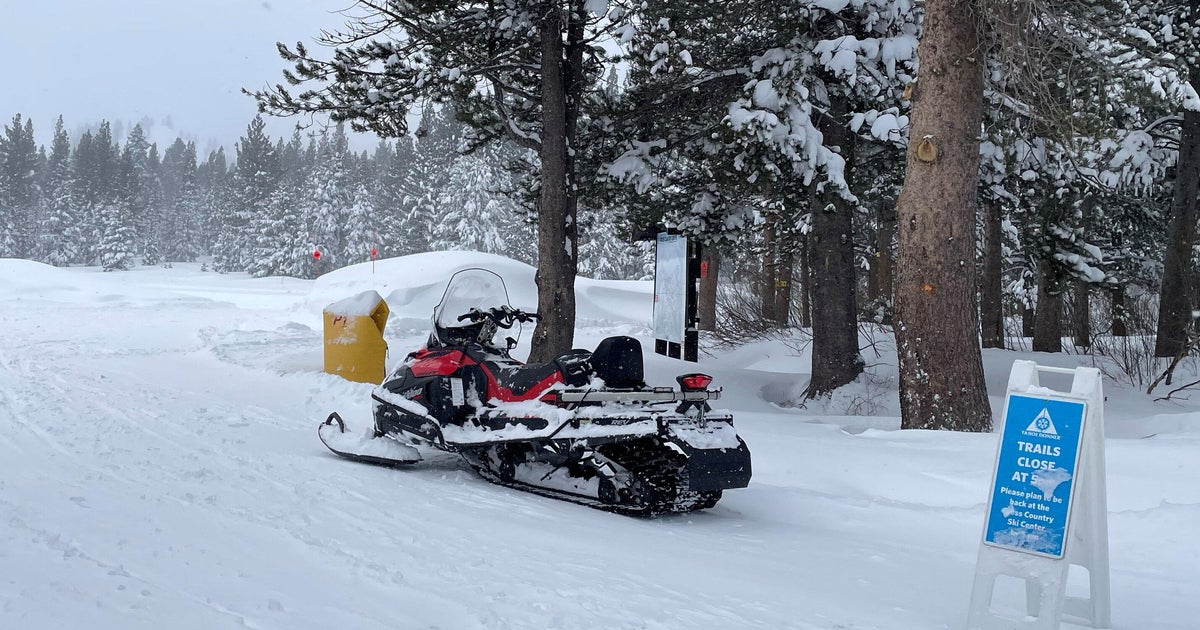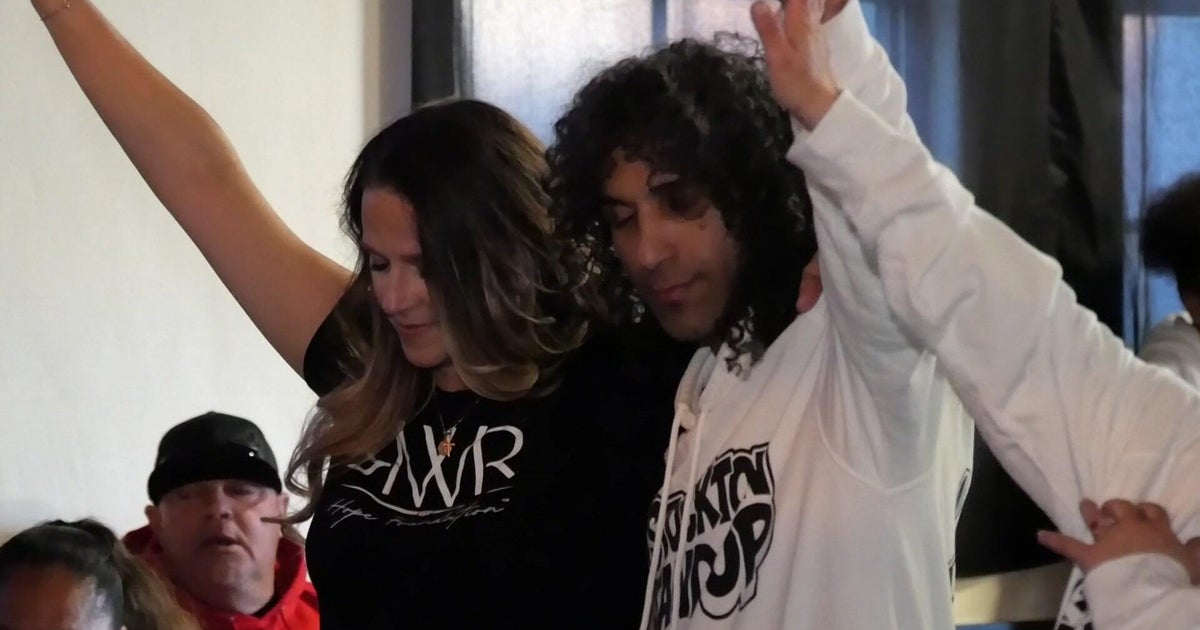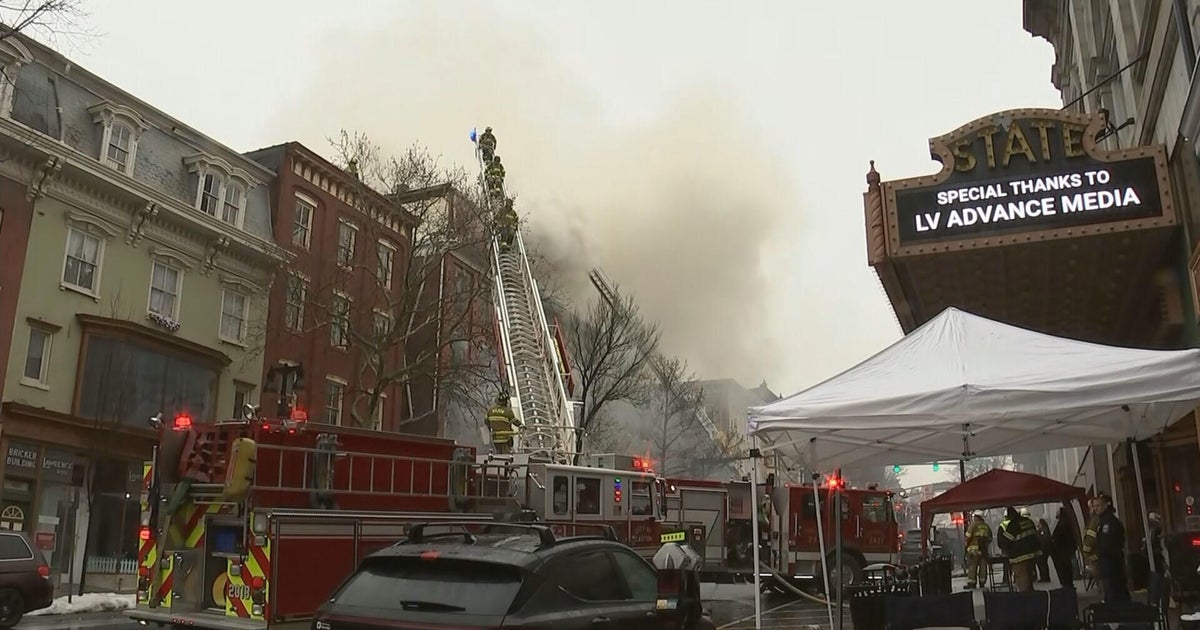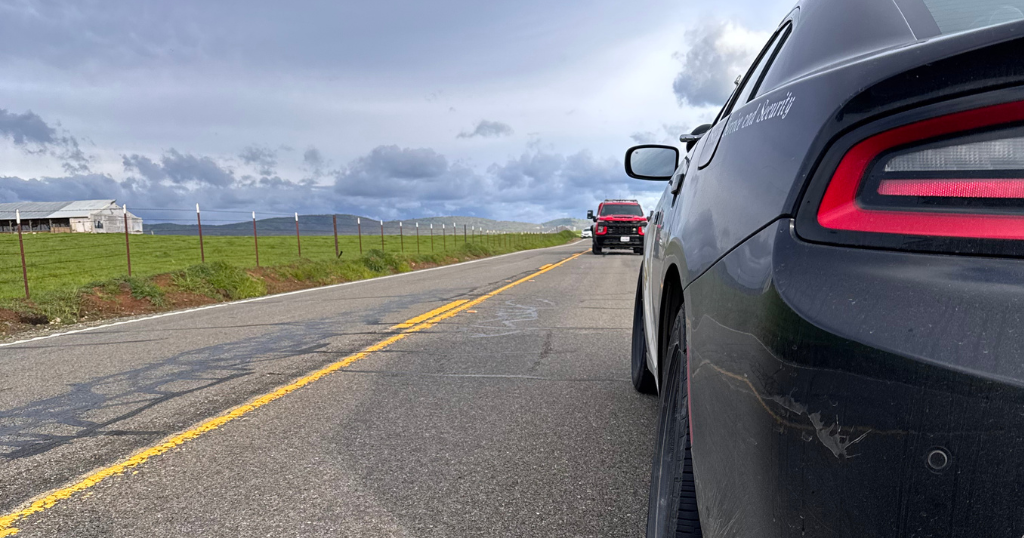Could a sprinkler system have prevented deadly Kenwood high-rise fire?
CHICAGO (CBS) -- Less than two weeks after one person was killed and nine others were injured in a massive fire that spread to 10 floors of a high-rise in Kenwood, CBS 2 Investigator Megan Hickey is digging into whether a simple sprinkler system could have prevented the tragedy.
The Harper Square Cooperative at 48th and Lake Park doesn't have a sprinkler system, because it predates a Chicago requirement for all high-rises built after 1975 to have fire sprinklers.
It's one of an estimated 800 Chicago high-rises that are exempt, and could be vulnerable in a fire.
Now, some are calling on Illinois to follow the example set by other states, and require sprinkler systems in all high-rises.
"As you saw from this fire, we are not preventing fire deaths with the measures that are in place," said Erik Hoffer, executive director of the Northern Illinois Fire Sprinkler Advisory Board.
The fire broke out on Wednesday, Jan. 25, on the 15th floor of the south tower of the cooperative at 4850 S. Lake Park Ave., and gradually climbed up to the 24th floor, taking the life of a retired teacher who lived on the 15th floor.
"We shouldn't have any more people dying in these fires when we know there is a preventative solution," said Hoffer.
Hoffer says that while the solution seems obvious, there was no sprinkler system in this building because the city doesn't require it for construction prior to 1975. The Harper Square Cooperative towers were completed in 1969.
And the building where the fire broke out is no anomaly.
"Unfortunately, there is a large stock - and I believe you have over 800 in Chicago without fire sprinklers." Said Shane Ray, a former fire chief and President of the National Fire Sprinkler Association.
Chicago requires an "life safety evaluation" for buildings that pre-date the sprinkler requirement, but other states — and municipalities — don't give building owners the option to install them.
"There are other cities who have required the retrofit of residential occupancies, and most of these unfortunately come on the tail end of a tragedy," Ray said.
Ray spoke to Hickey from Maryland on Tuesday. He explained that there are states like Louisiana and cities like Las Vegas that have required the retrofit of residential occupancies regardless of their age.
But installation comes with a price tag. However, other states have addressed that concern, too.
"Minnesota was proactive," Ray said. "They passed the law that required all public housing high rises to be retrofitted, and with that, they just in this last Omnibus Bill received some funding for those projects
Hoffer says that despite proposed legislation for federal funding to help landlords pay for sprinkler systems in residential high rises, so far, those measures have been unsuccessful in Illinois.
"It's going to cost some money - but it's the only way we know that we are going to prevent deaths," he said.
Do the systems really save lives? One study found the death rate per 1,000 reported home fires was 89 percent lower in homes with sprinklers than in homes without them.
There was no sprinkler system in the building, because the city doesn't require it for high-rises built before 1975.
The Northern Illinois Fire Sprinkler Advisory Board said proposed legislation would provide federal funding to help landlords pay for sprinkler systems in residential high-rises. So far those measures have been unsuccessful in Illinois.
